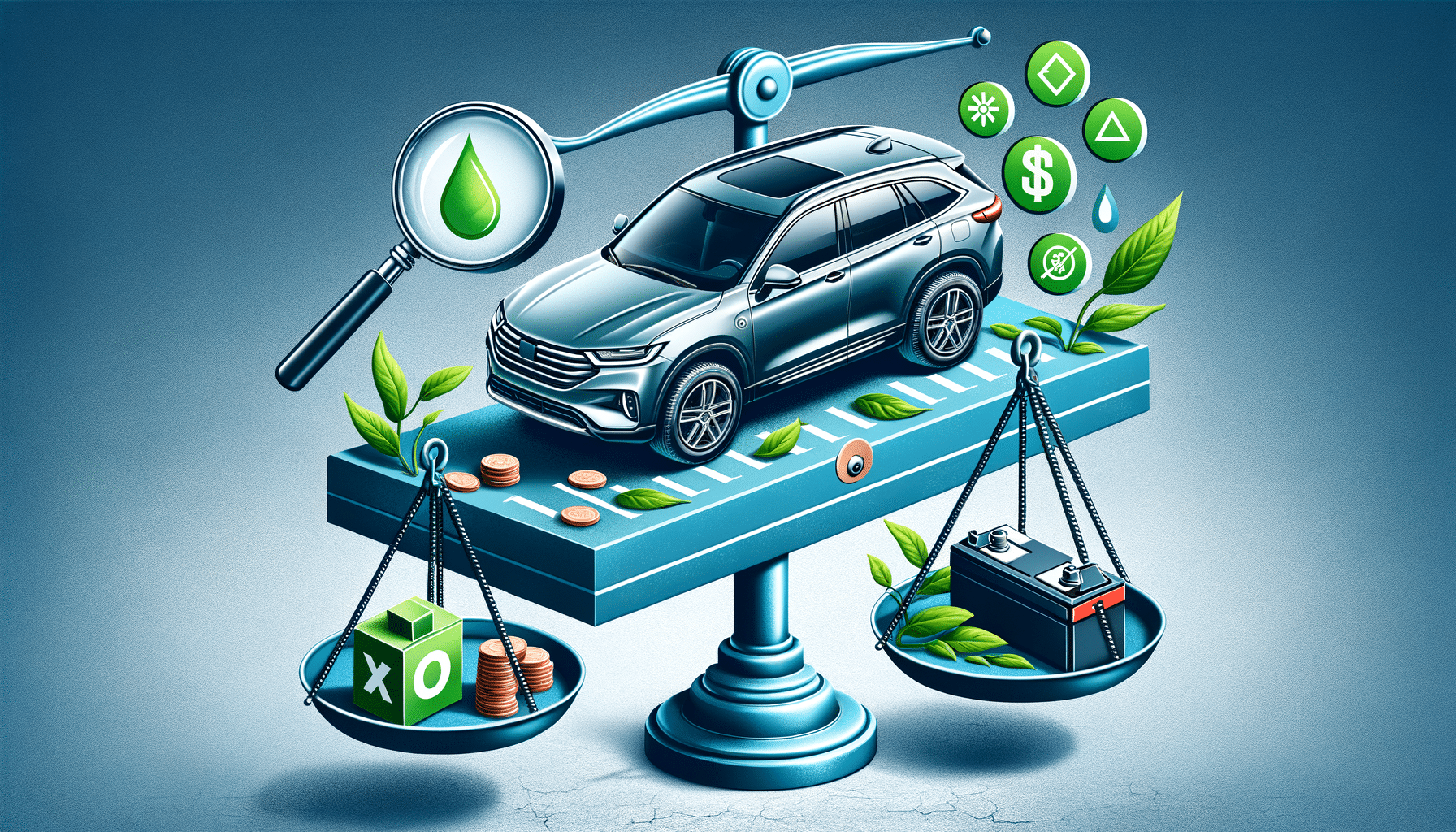
What to Look for When Shopping for Used Hybrid Cars and SUVs
Used Hybrid Car Checklist
When it comes to purchasing a used hybrid car, having a checklist can be invaluable. This ensures that you cover all bases and make an informed decision. First, examine the vehicle’s history report. This document provides insights into past ownership, any accidents, and maintenance records. A well-documented history can indicate a well-maintained vehicle.
Next, assess the battery health. Hybrid cars rely significantly on their batteries, and a depleted or malfunctioning battery can lead to expensive repairs. It’s wise to have a professional conduct a battery test. Additionally, check the regenerative braking system, as this is crucial for the car’s efficiency.
Don’t forget to inspect the tires and suspension. Hybrid cars often have unique tire requirements, and uneven wear can indicate alignment issues. Lastly, ensure all electronics and hybrid-specific features function correctly. This includes checking the infotainment system, climate controls, and any hybrid-specific displays or gauges.
Buying a Used Hybrid SUV
Purchasing a used hybrid SUV involves specific considerations, especially given the unique blend of powertrain technology and SUV capabilities. Start by evaluating the vehicle’s fuel efficiency. Hybrid SUVs offer improved fuel economy compared to their non-hybrid counterparts, but it’s essential to verify these claims through test drives and reviews.
Consider the SUV’s towing capacity. While hybrid SUVs are generally not designed for heavy towing, some models offer decent capabilities. Ensure the vehicle meets your requirements if towing is a priority. Additionally, examine the interior space and comfort. Hybrid SUVs should provide ample room for passengers and cargo without compromising on comfort.
Safety features are another critical aspect. Check for advanced safety technologies, such as adaptive cruise control, lane-keeping assist, and automatic emergency braking. These features enhance safety and can be a deciding factor. Lastly, factor in the resale value. Hybrid SUVs tend to hold their value well, but it’s wise to research the specific model’s depreciation trends.
Hybrid Car Battery Life
The battery is the heart of any hybrid vehicle, making its life expectancy a crucial factor. Typically, hybrid car batteries last between 8 to 10 years or around 100,000 to 150,000 miles. However, this can vary based on driving habits, climate, and maintenance practices.
To extend battery life, regular maintenance is key. This includes keeping the battery cool, as excessive heat can degrade its performance. Many modern hybrids come equipped with battery cooling systems, but it’s essential to ensure they’re functioning correctly. Additionally, avoid frequent deep discharges, as these can shorten battery lifespan.
It’s also beneficial to drive your hybrid regularly. Prolonged periods of inactivity can lead to battery deterioration. If you plan to store the vehicle for an extended period, consider disconnecting the battery to preserve its health. Lastly, stay informed about warranty options. Many manufacturers offer extended warranties on hybrid batteries, providing peace of mind for used car buyers.


